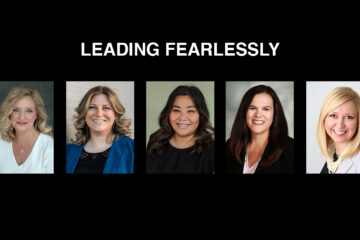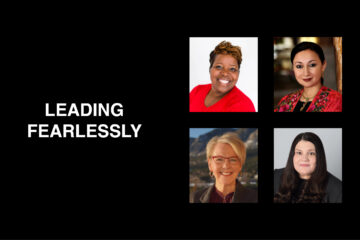Takeaways from theSkimm’s “Back to ‘Normal’ Power Panel”
By Emily Blobaum, Fearless editor
Last month, theSkimm co-founders and co-CEOs Carly Zakin and Danielle Weisberg hosted a virtual panel about what the return to normal needs to look like for working women.
Panelists were Tina Tchen, now ex-president and CEO of Time’s Up; Fatima Goss Graves, president and CEO of the National Women’s Law Center; Ai-jen Poo, co-founder and executive director of the National Domestic Workers Alliance; and Tami Forman, CEO of Path Forward.
A replay can be found on theSkimm’s website, but the following are my personal takeaways.
What role do we all play to ensure that women return to safe, inclusive and welcoming working environments?
Background: At the start of 2020, women held the majority of American jobs for the first time in nearly a decade. By February 2021, 2.3 million women had dropped out of the workforce entirely. Across the nation, calls for increased flexibility in the workplace, greater access to affordable child care, better family leave policies and better pay flooded social media platforms, opinion pages and congressional mailboxes.
In the 2021 Fearless survey conducted earlier this year, the average length of paid parental leave that respondents believed mothers deserved was 14 weeks. For fathers, the average response was 11 weeks. Currently, only 19% of workers in the U.S. have access to paid family leave through their employers and the median lengths of leave for mothers and fathers in the U.S. is 11 weeks and one week, respectively.
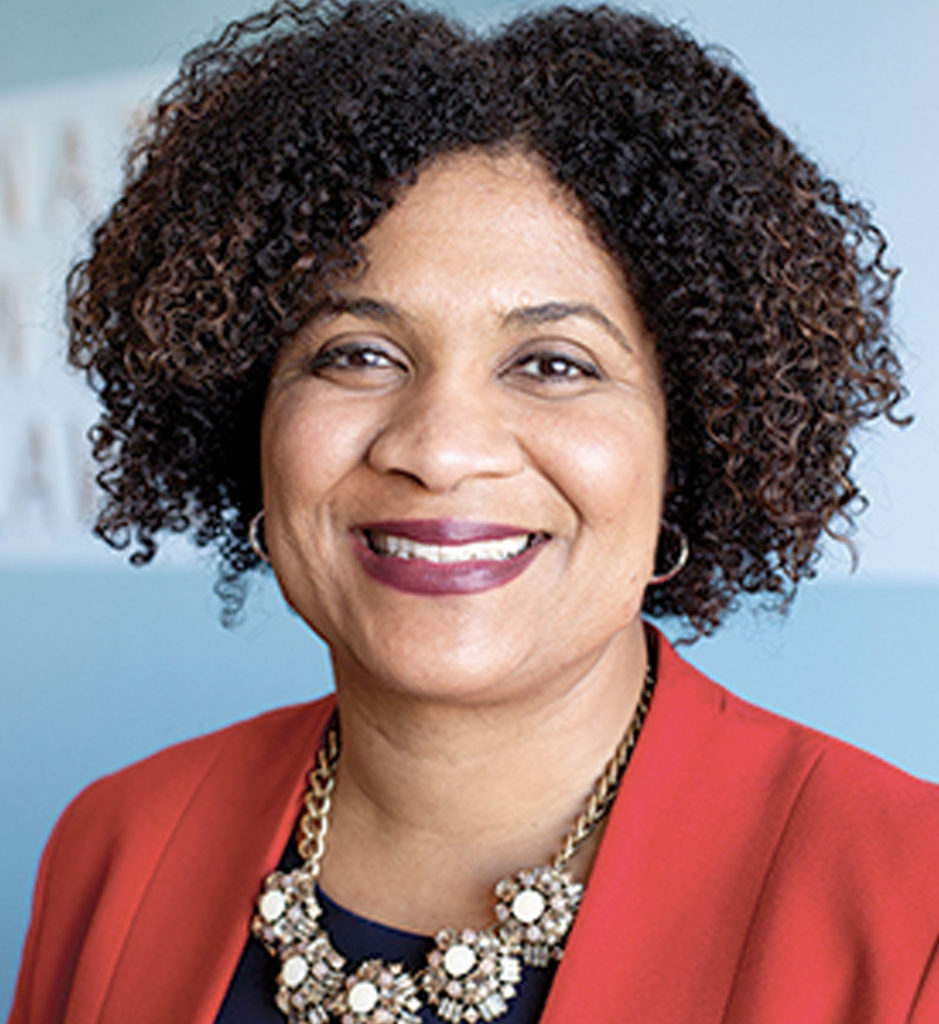
Goss-Graves, on tackling the underlying issues: “We need to be moving beyond specific policies related to harassment to looking at the built-in structures that allow it to happen.” Sometimes you might have the right policies in place, but you may have systemic structures and power imbalances in place, too, she said. For example, businesses in the leisure and hospitality industries may have harassment policies in place, but because of the reliance on tips, workers may be more vulnerable to harassment from customers, co-workers and bosses, especially during the pandemic.
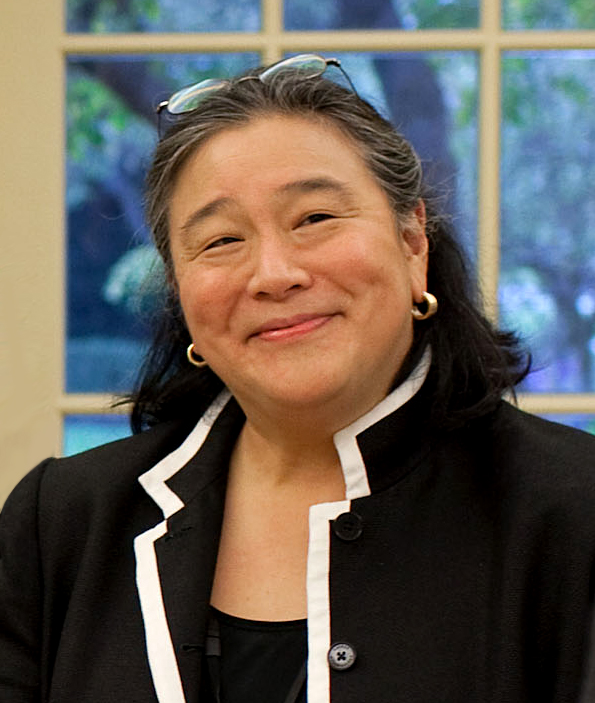
Tchen, on investing in caregiving and paid leave policies: “Companies are realizing that it’s in their best interest to invest in caregiving. … A company doesn’t have to wait to put paid leave policies in place.” Tchen also encouraged people to think of paid leave policies not just for newborn and adopted children, but about caring for elderly or loved ones with disabilities, taking time for bereavement and “safe days” for domestic violence survivors to go to court or change living conditions.

Goss-Graves, on the importance of standard paid leave policies: “Paid leave is not just a nice-to-have thing, it’s a critical part of the care infrastructure that we need. It can’t just be about lucking into the right boss; it needs to be a standard.”
Further reading in Fearless:
Survey: Better flexibility, child care and family leave necessary for pandemic recovery
‘Child rearing is not just a mother’s job’: Three men’s stories on their role at home
Why was it so easy for women’s progress in the workplace and society to be set back so far and so quickly?
Background: Even before the pandemic, many mothers with young children found themselves driven out of the workforce due to the lack of adequate paid leave and affordable, quality child care. More than half of the people in the U.S. live in a child care desert.
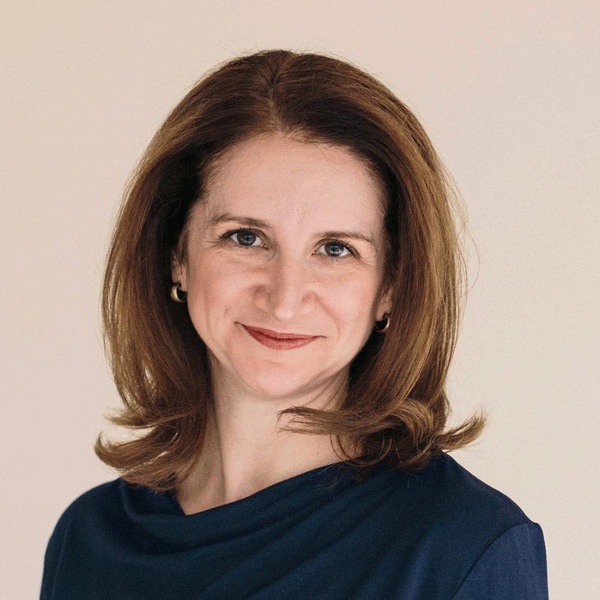
Forman, on the pandemic exacerbating these problems: “These are not new problems. These were cranked up to 11. There were day care deserts before COVID, so it felt inevitable,” she said. “There’s finally a recognition of how constrained the system is. It wasn’t as visible to some people in power.” Zakin likened the pandemic to a dangerous game of Jenga. “One person moved a tile and it all crumbled,” she said.
Further reading in Fearless:
2021 Women’s Survey: Pandemic shines spotlight on disparities
Access to child care in rural Iowa is an issue
What is there to feel hopeful about?
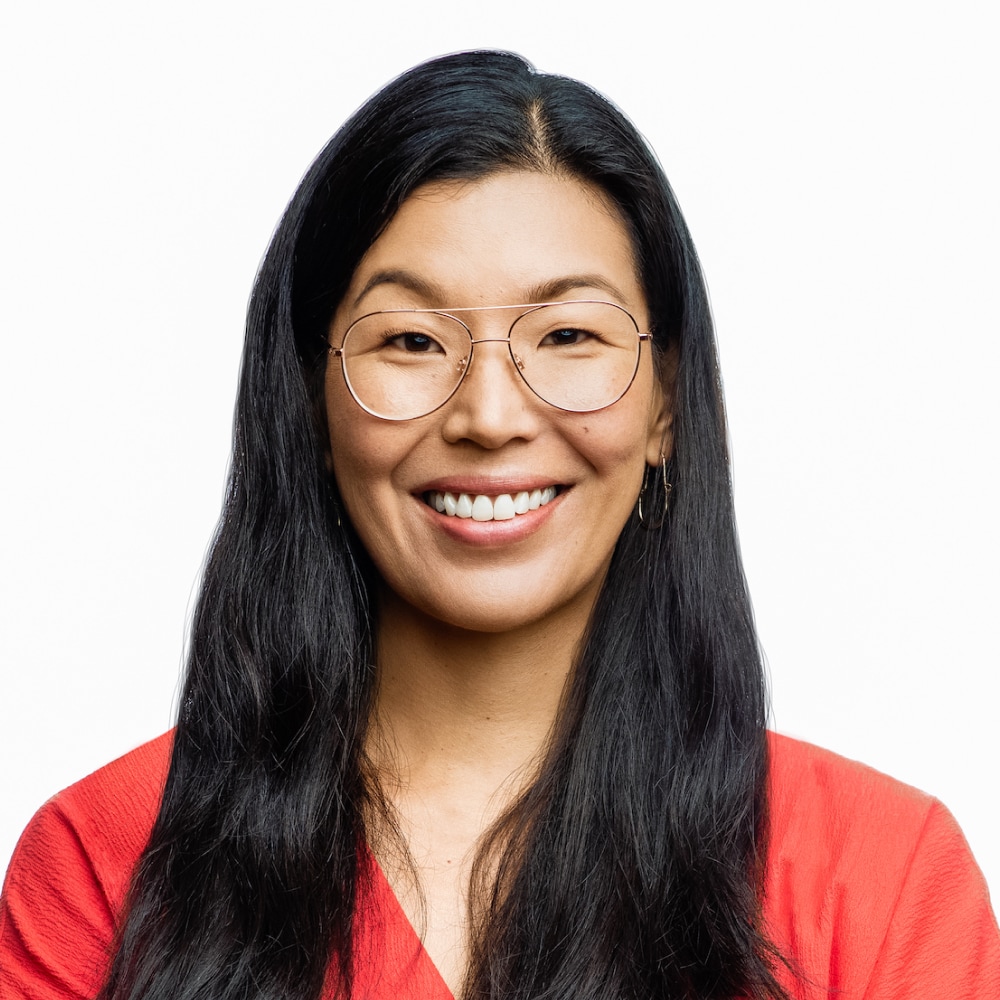
Poo, on this being the most hopeful moment for caregivers in generations: “Pre-pandemic, [caregivers] were struggling quietly behind closed doors. It was a private, simmering crisis.” Before the pandemic, caregivers thought that some of these systemic issues were personal failures. COVID blew our minds because we realized that there was nothing in place to support us, even though we were doing everything we could, she said. Poo also highlighted the importance of recognizing child care as infrastructure and amplified a quote she believed to be from Sen. Bob Casey: “Some people need bridges to get to work. Other people need child care.”
